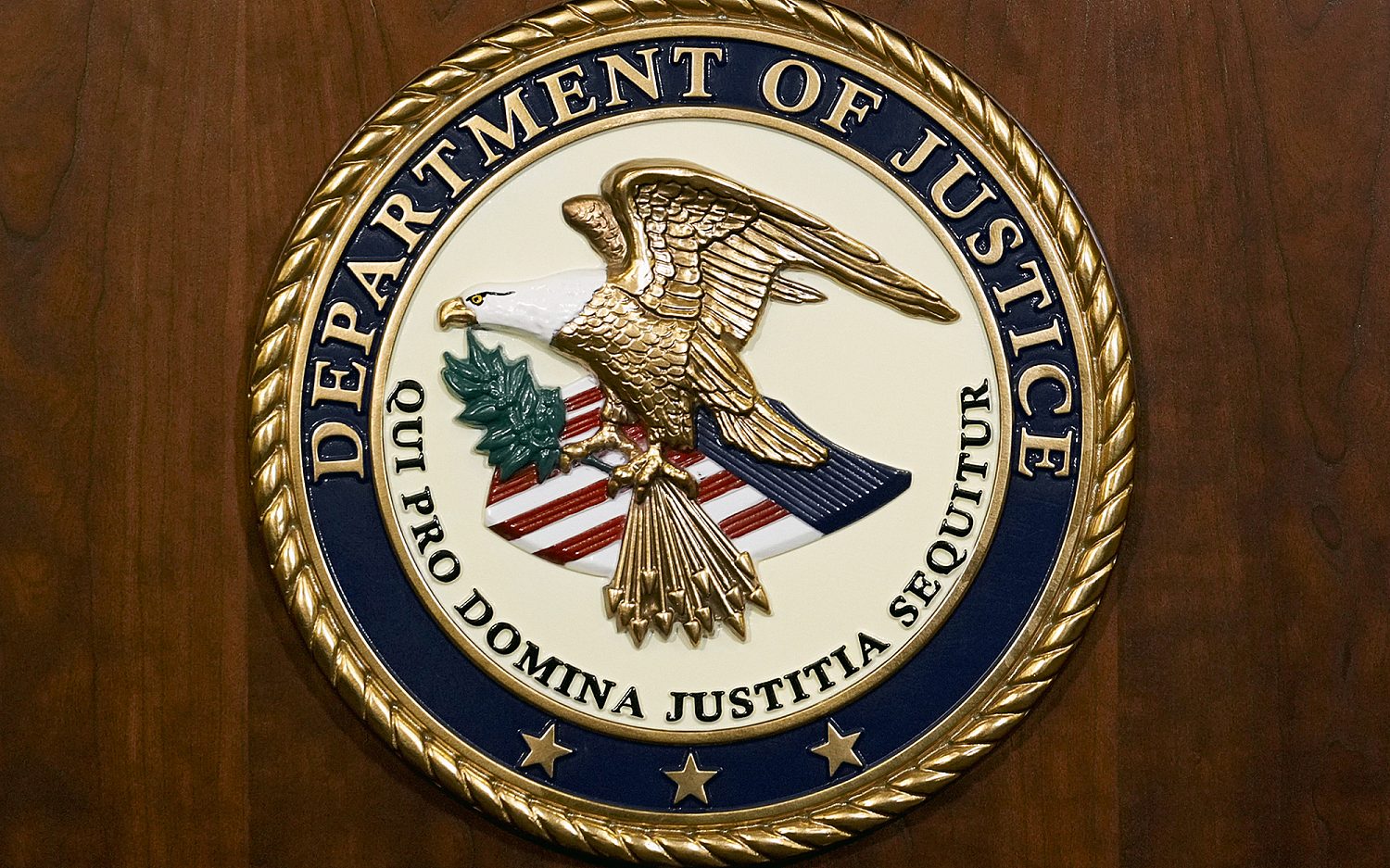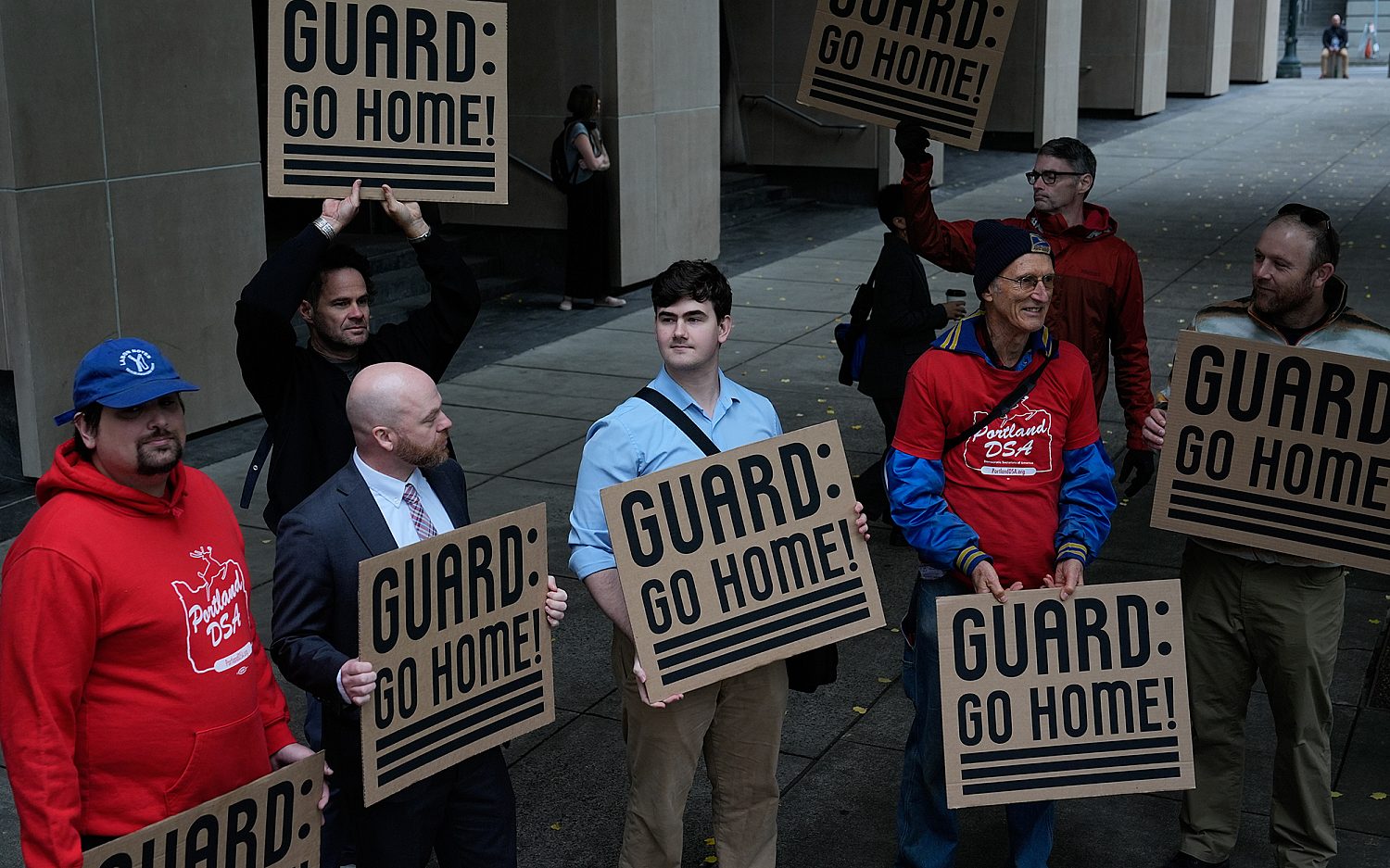Supreme Court upholds universal DNA collection
State law enforcement may collect DNA samples from people arrested on suspicion of “a serious offense,” the U.S. Supreme Court ruled Monday. In a 5-4 decision, the court said collecting DNA—used to identify individuals and possibly link them to other crimes—was little different from rolling a finger across an ink pad.
“Taking and analyzing a cheek swab of the arrestee’s DNA is, like fingerprinting and photographing, a legitimate police booking procedure that is reasonable under the Fourth Amendment,” Justice Anthony Kennedy wrote for the majority.
The case, Maryland v. King, has dramatized the tension between privacy rights and criminal investigations. Earlier this year, Justice Samuel Alito Jr. called it “perhaps the most important criminal procedure case that this Court has heard in decades.” Privacy rights groups say a growing national database of DNA samples from criminals and arrestees could be misused, but law enforcement and victims’ advocacy groups say the database is a powerful tool for serving justice.
Monday’s case involved Alonzo Jay King Jr., who was arrested in 2009 on assault charges for aiming a shotgun at several people. After the arrest, Maryland police swabbed King’s cheek and compared his DNA to other samples in a national database.
That search turned up a match to an unsolved rape case from 2003, when a masked man with a gun broke into the home of a 53-year-old woman in Wicomico County, Md. King was convicted of the crime and sentenced to life in prison. But he appealed on the argument police violated his rights when they took his DNA sample in order to link him to a crime they didn't otherwise suspect him of.
Conservative Justice Antonin Scalia supported King’s appeal in writing his minority opinion opposing broad DNA collection. Liberal Justices Ruth Bader Ginsburg, Sonia Sotomayor, and Elena Kagan joined with Scalia's dissent in an unusual alliance.
“Make no mistake about it: Because of today’s decision, your DNA can be taken and entered into a national database if you are ever arrested, rightly or wrongly, and for whatever reason,” Scalia said, reading his opinion aloud from the bench. Unlike fingerprints, DNA samples are used primarily to search for other, unrelated crimes, he argued.
Justice Alito joined Kennedy in the majority opinion, along with Chief Justice John Roberts Jr. and Justices Clarence Thomas and Stephen Breyer.
All 50 states collect DNA from criminals. Monday’s ruling only involved the question of whether police could collect cheek swabs from suspects arrested for serious crimes, although not yet convicted of them. The District of Columbia and over half the states already collect DNA from some arrestees.
The genetic samples police take aren’t used to record personal information like hair color, but to create unique IDs that can be entered into national and state databases. Once entered, police can search to see if the person’s genetic ID has been linked to other crimes.
State and federal officials combine their genetic samples to form the FBI's Combined DNA Index System (CODIS). The database currently contains more than 10 million profiles of convicted criminals and more than 1.4 million more from people arrested on suspicion of an offense. According to the FBI’s website, DNA matches discovered through CODIS had assisted in nearly 200,000 investigations as of April. Some states keep arrestee DNA samples in their databases even if the person is later acquitted of charges.
An actual newsletter worth subscribing to instead of just a collection of links. —Adam
Sign up to receive The Sift email newsletter each weekday morning for the latest headlines from WORLD’s breaking news team.





Please wait while we load the latest comments...
Comments
Please register, subscribe, or log in to comment on this article.